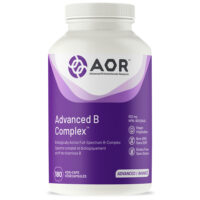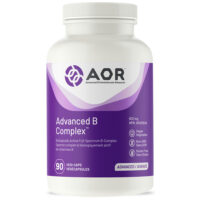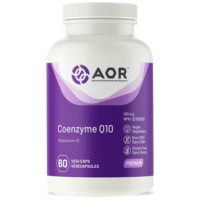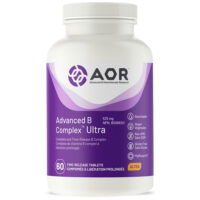For most of us, bacteria is a scary thing. It brings to mind thoughts of infections and food poisoning. To those of us who are not health professionals, it may be hard to fathom that bacteria can often be a good thing.
In reality, there are numerous types of bacteria that are beneficial to humans. Trillions of bacteria live in the average human body, not because we are in bad health, but because they belong there. They aid in a variety of biological functions. They help us digest food, fight off harmful bacteria, and keep our immune systems working properly.
Probiotics are live bacteria that are included in food and supplements. These so-called “friendly bacteria” are used in a variety of applications in alternative medicine. But the mainstream medical community has also begun to recognize the benefits of probiotics, and they have garnered a great deal of attention from food companies and the media.
What Can Probiotics Be Used For?
Probiotics have been studied for use in a number of ways. One of the areas where they have been found to be of the most assistance is in the digestive tract. Doctors have used them to treat diarrhea, Irritable Bowel Syndrome, and intestinal infections. But according to many experts, this is only the tip of the iceberg.
Studies have also shown promise in treating and preventing urinary and genital tract infections in women with probiotics, and in managing eczema in children. It is also believed that probiotics may have the potential to boost the immune system. And studies have been conducted regarding the potential to reduce the recurrence of bladder cancer with probiotics.
Are Probiotics Risky?
Probiotics are not without potential side effects. This is especially true for the young, the elderly, and those who have problems with their immune systems. So far studies have shown probiotics to be very safe, but more studies are needed to discover all potential effects, both good and bad.
In most cases, the biggest side effect reported by those using probiotics is digestive difficulties. But it is not impossible for probiotics to cause an infection on their own. They could also adversely affect the immune system if not taken properly. It is crucial to follow dosing instructions carefully if you take probiotics.
For many years, good bacteria has been known to exist in our bodies. The benefits of probiotics were discovered many years ago, but they have only recently gained widespread attention and acceptance. They are have become more accessible in recent years, popping up in a variety of food products from yogurt to baby formula. Adding probiotics to your diet is easy, and it has the potential to greatly improve your health.








